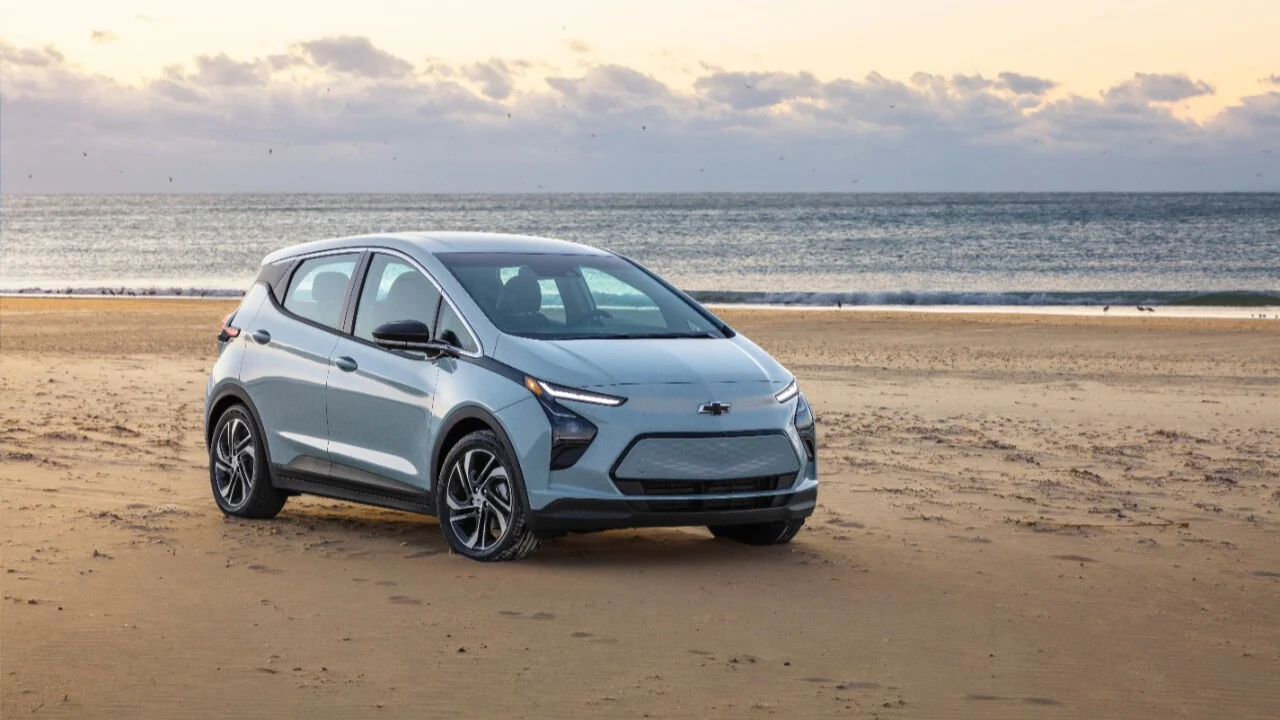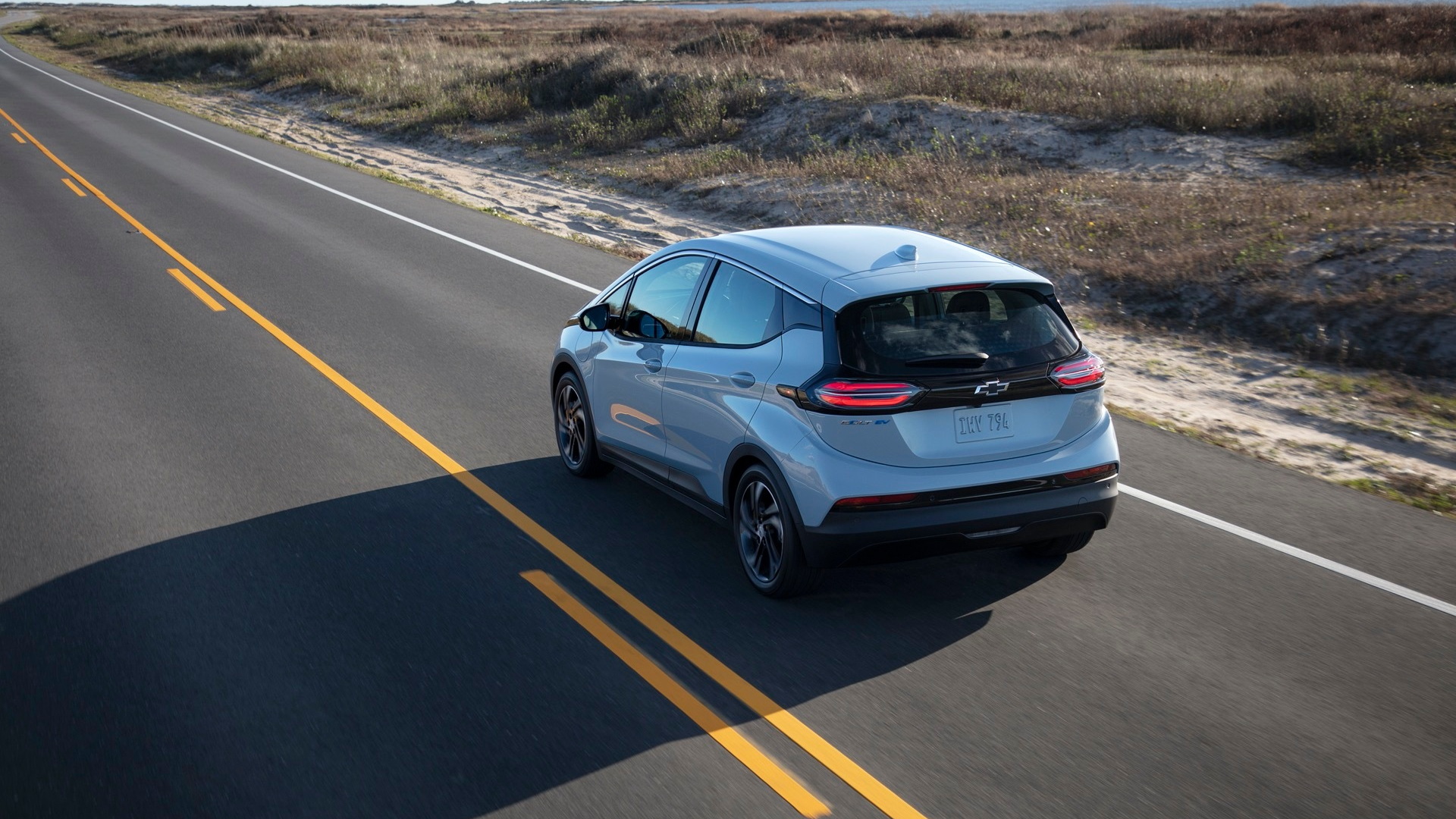Chevrolet Bolt EV owners impacted by the vehicle’s recall may find some financial relief through a significant class-action settlement. Those who owned or leased models from 2017 through 2022 could be eligible for compensation between $700 and $1,400, part of a wider $150 million settlement with GM and battery supplier LG Energy Solution. The Michigan class-action case, a consolidation of eight different lawsuits initially filed in various U.S. District Courts against GM in late 2020 and early 2021, details eligibility and the specific amounts claimable.
The lawsuits stemmed from battery issues in the Bolt EVs that led to reduced driving range and, in some cases, safety risks. For Bolt owners who installed diagnostic software by the end of 2023—a measure that temporarily impacted the vehicle’s range—compensation could amount to $1,400. Those who had owned or leased a Bolt prior to this software installation are eligible for $700.

The Settlement Details
In October 2023, GM offered $1,400 to owners of the 2020-2022 Chevrolet Bolt EV and EUV models to install diagnostic software that limited battery capacity to 80% over a period of 6,200 miles. This early settlement required owners to sign a legal release, marking an initial attempt to manage the fallout from the recall. The recent class-action settlement does not cover customers who opted for a vehicle buyback from GM during the early stages of the recall. However, it does not exclude those who have since received a new battery.
Broader Impact of the Recall
The recall initially focused on addressing manufacturing defects in the batteries supplied by LG that led to several reported fires. GM announced plans to replace all battery modules in the 2017-2019 Bolt EVs, with some owners receiving completely new battery packs, enhancing their vehicle’s range beyond the original specs. During the recall process, GM issued safety instructions to Bolt EV drivers, asking them to park their vehicles 50 feet away from other vehicles, restrict charging to 90% of full capacity, and keep their cars outdoors immediately after charging. This was especially challenging for Bolt EV owners residing in urban environments.

Looking Ahead: The Future of Chevy Bolt
Despite the challenges brought on by the recall, GM continues to advance its electric vehicle technology. The company plans to introduce a new-generation Chevy Bolt EV to replace the Malibu at GM’s Kansas plant, expected to arrive in 2025. This upcoming model will transition to GM’s advanced Ultium EV platform and will feature lithium iron phosphate (LFP) battery cells, marking a significant upgrade in battery technology.

GM’s Response to Chevy Bolt EV Recall Challenges
The Chevy Bolt EV recall has posed substantial challenges for GM, from logistical issues in managing the recall to broader impacts on the brand’s reputation. However, the settlements and ongoing updates to their EV lineup show GM’s commitment to rectifying past issues and pushing forward with innovative solutions. As the automotive industry continues to evolve, GM’s efforts to enhance safety and reliability in its electric vehicles will be closely watched, with the hope that future models will avoid the pitfalls of their predecessors.


